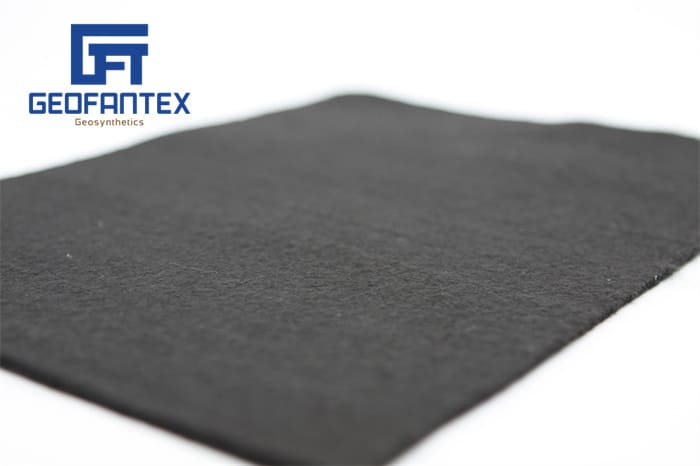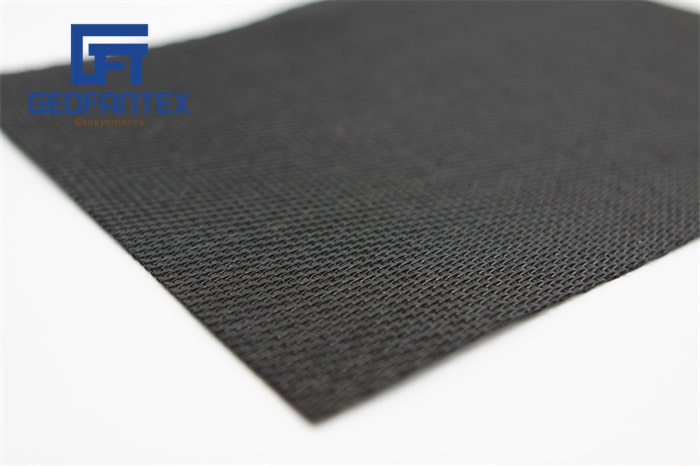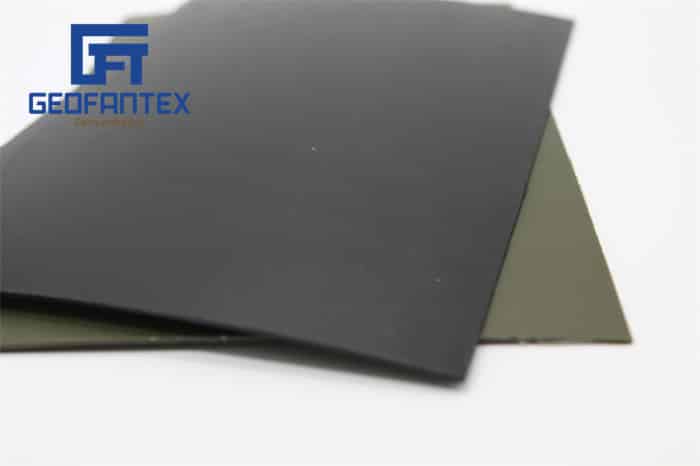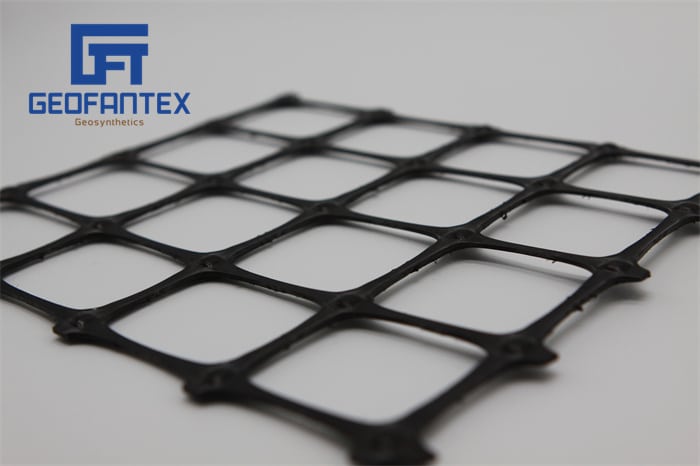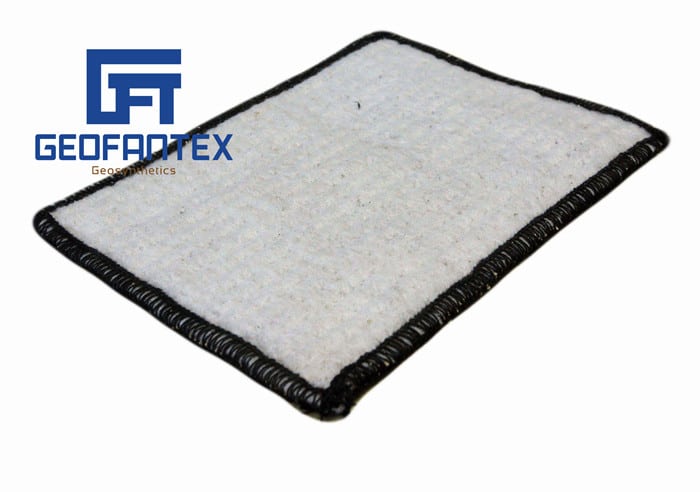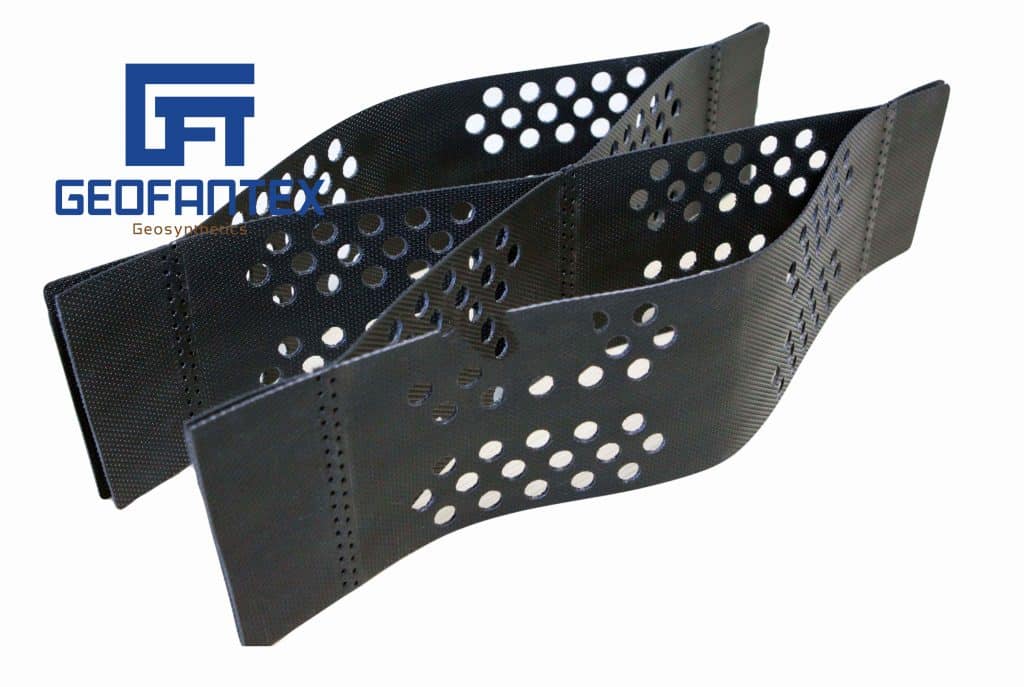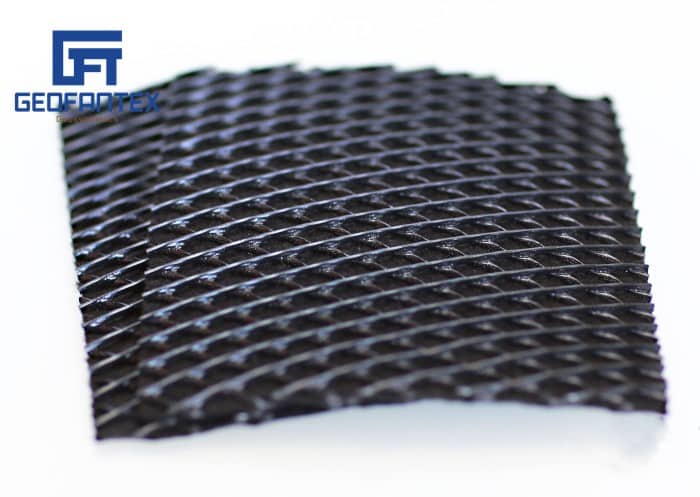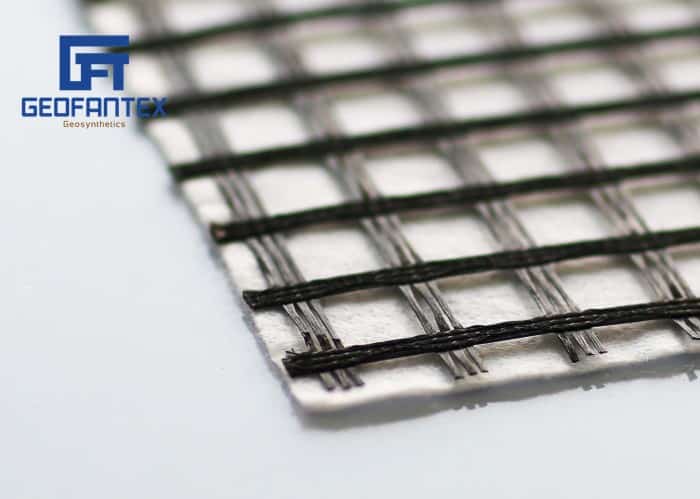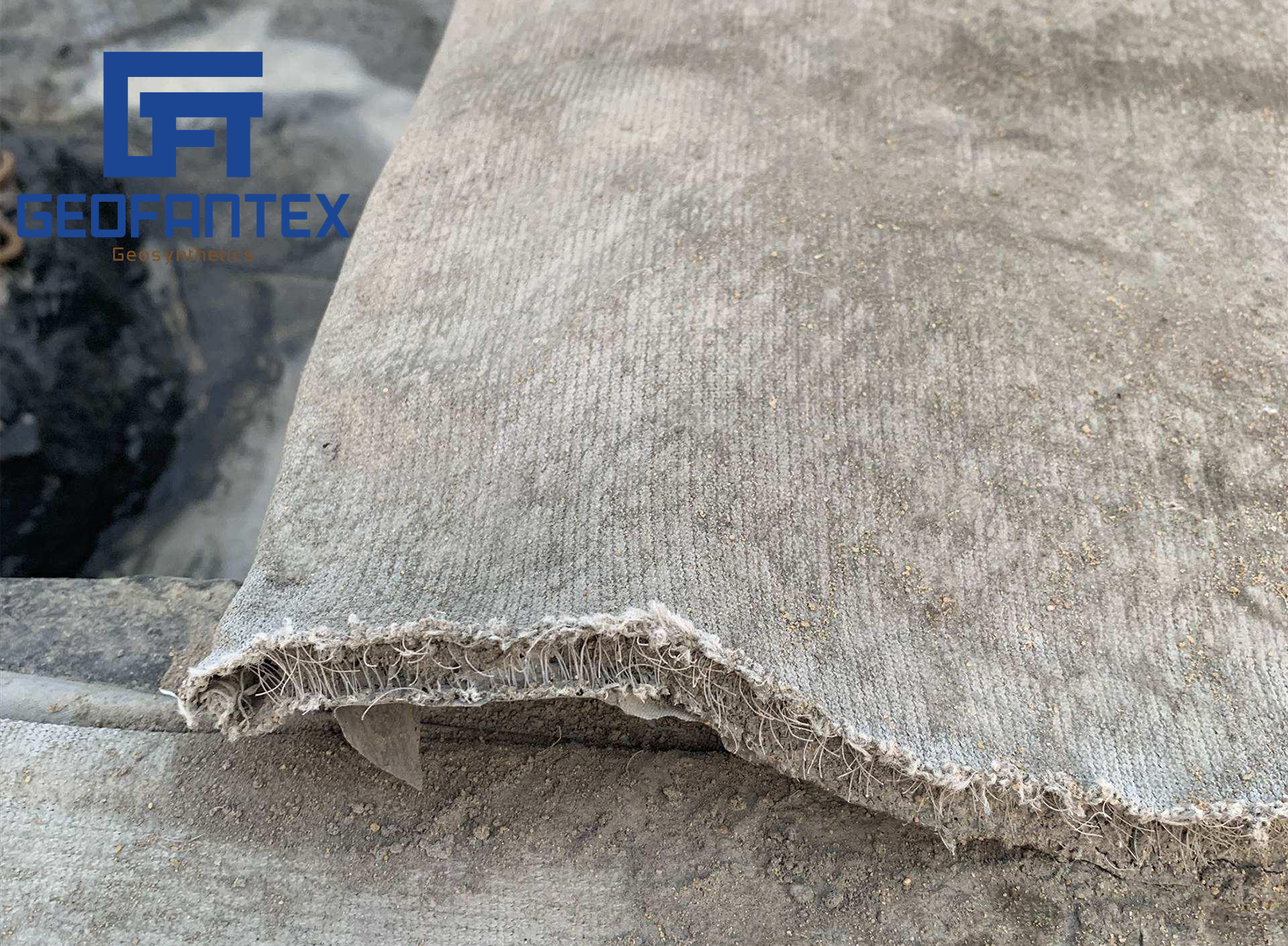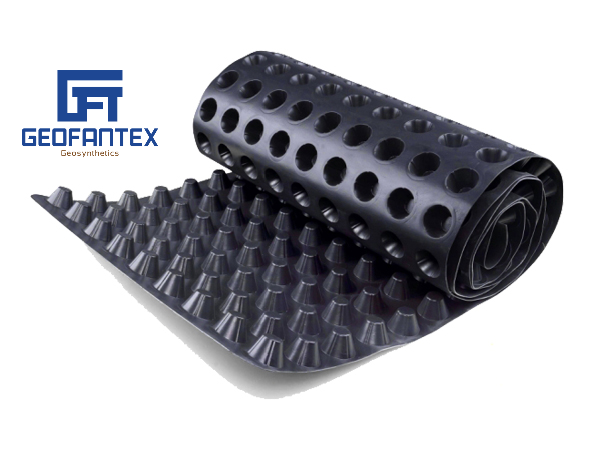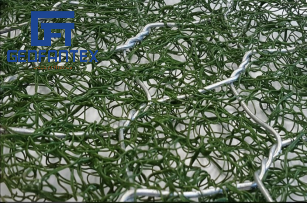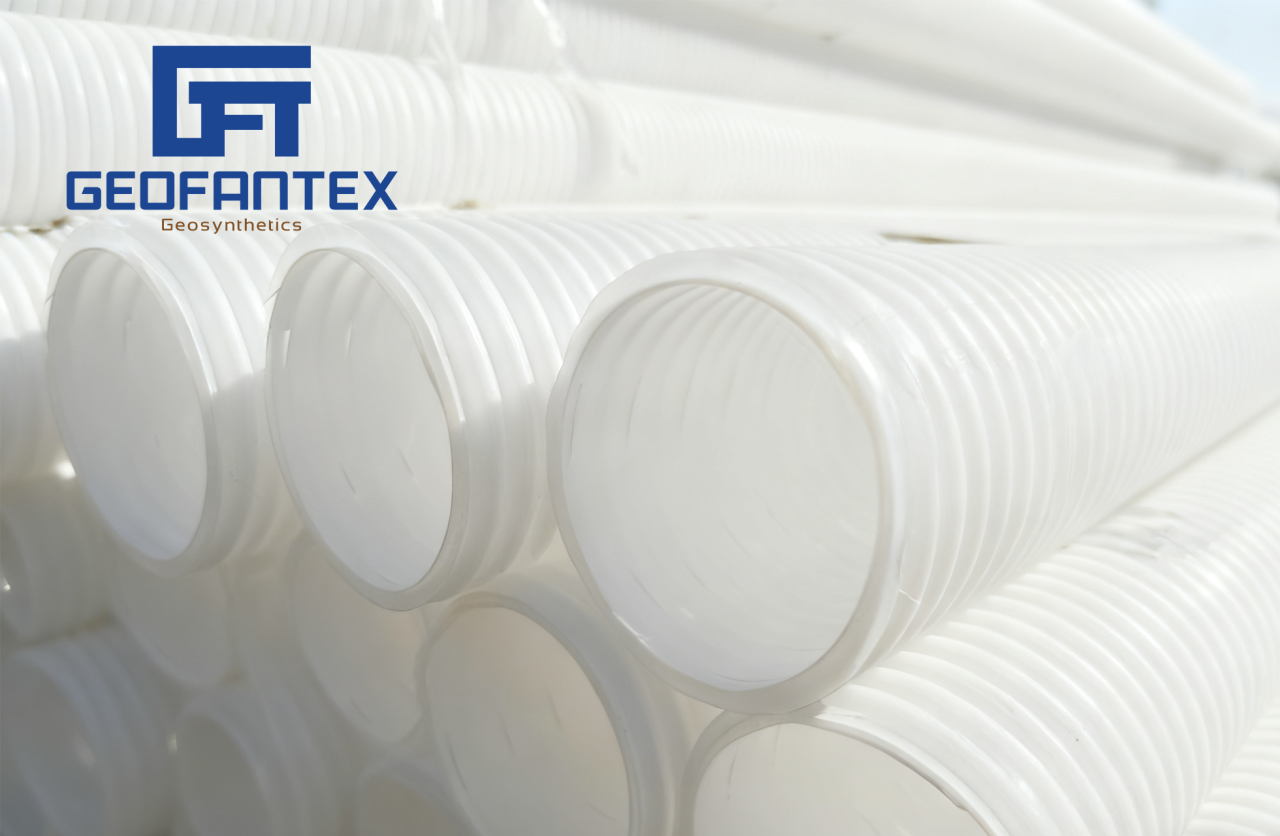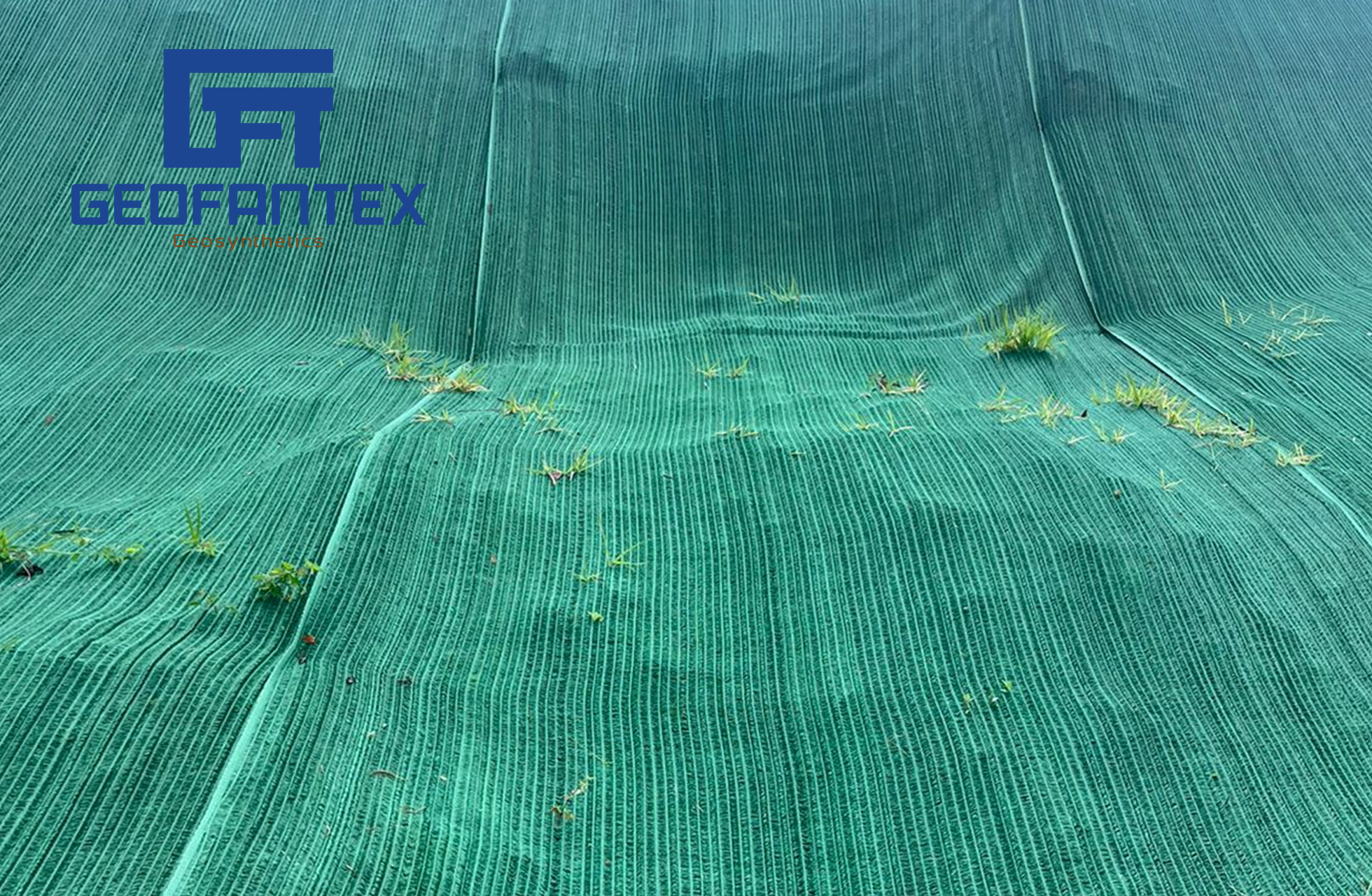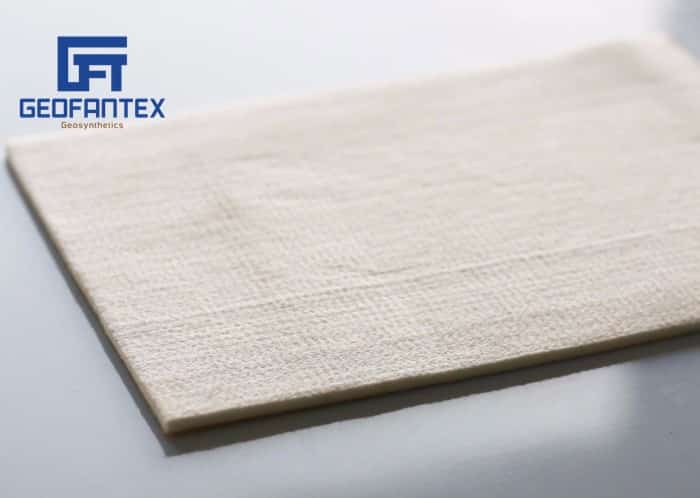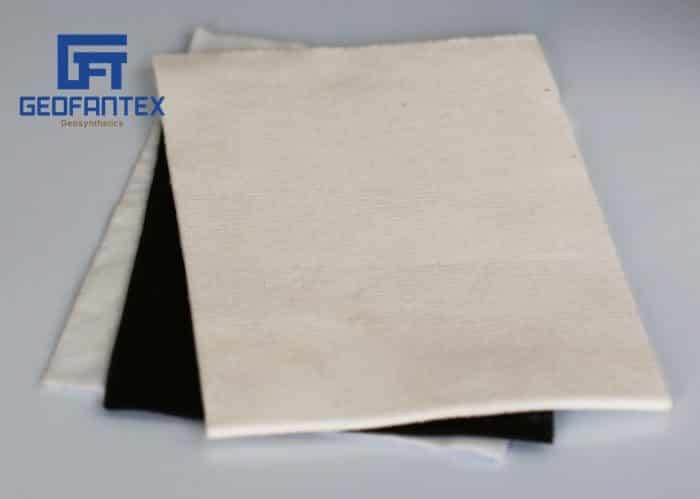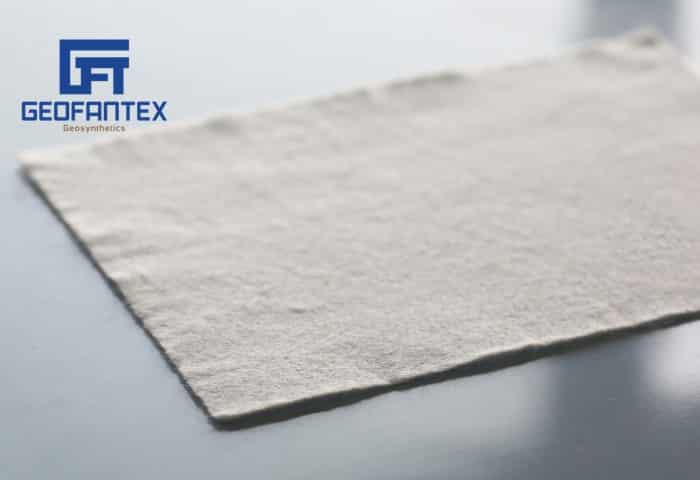+86-159 9860 6917
info@geofantex.com
geofantex@gmail.com
+86-400-8266163-44899
In the field of geosynthetics, geocomposites play a crucial role in enhancing the durability and performance of various civil engineering projects. What are geocomposites? Geocomposites are materials that combine multiple geosynthetic products, such as geotextiles, geonets, or geomembranes, to offer improved functionality. This article will answer key questions about geocomposites to help you understand their significance and applications in the geosynthetics industry.
What Are Geocomposites?
Geocomposites are engineered materials that combine two or more geosynthetic products, such as geotextiles, geonets, or geomembranes, to create a composite material with enhanced performance properties. What is the function of geocomposite? These materials are designed to provide solutions for filtration, drainage, separation, and reinforcement in geotechnical applications. By combining multiple materials, geocomposites offer a cost-effective way to improve the efficiency and functionality of civil engineering structures like roads, dams, and landfills.
What Are the Main Uses of Geocomposites in Construction?
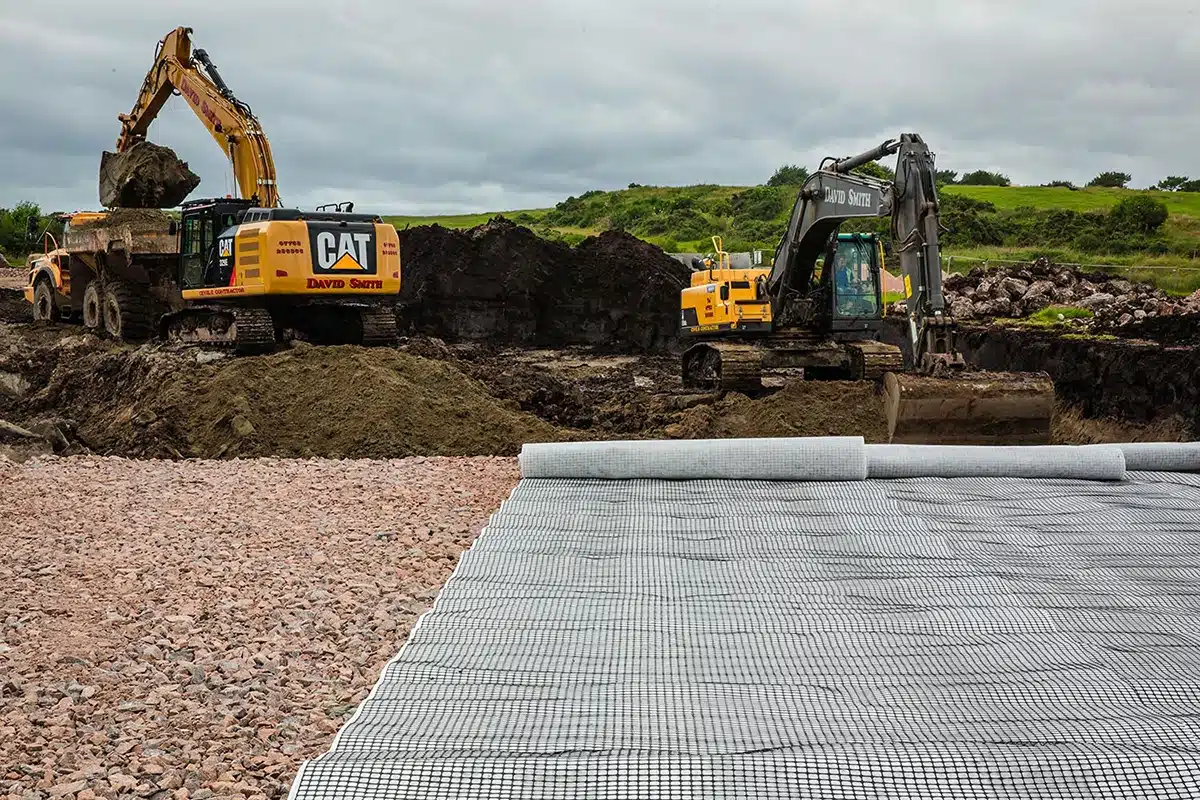
In the construction and civil engineering industry, geocomposites are primarily used for their ability to combine multiple functions in a single product. Some of the most common applications include:
- Drainage Systems: Geocomposites are widely used to facilitate the flow of water in drainage systems, preventing water buildup in structures.
- Reinforcement: These materials offer added strength to soil and other materials in the construction of embankments, slopes, and retaining walls.
- Separation and Filtration: Geocomposites act as a barrier, preventing the mixing of different soil layers while allowing water to pass through, making them ideal for applications like landfill liners and road construction.
How Do Geocomposites Improve Durability and Performance?
One of the main advantages of geocomposites is their ability to improve the longevity and efficiency of infrastructure projects. What is geocomposites and how do they contribute to infrastructure development? By combining materials that serve different functions—such as filtration, separation, and drainage—geocomposites enhance the overall performance of geosynthetic systems. Their durability is significantly increased due to their resistance to environmental conditions like UV radiation, temperature fluctuations, and chemical exposure. This makes geocomposites ideal for long-term applications in challenging environments, ensuring the lasting effectiveness of civil engineering projects.
What Are the Benefits of Using Geocomposites Over Traditional Materials?
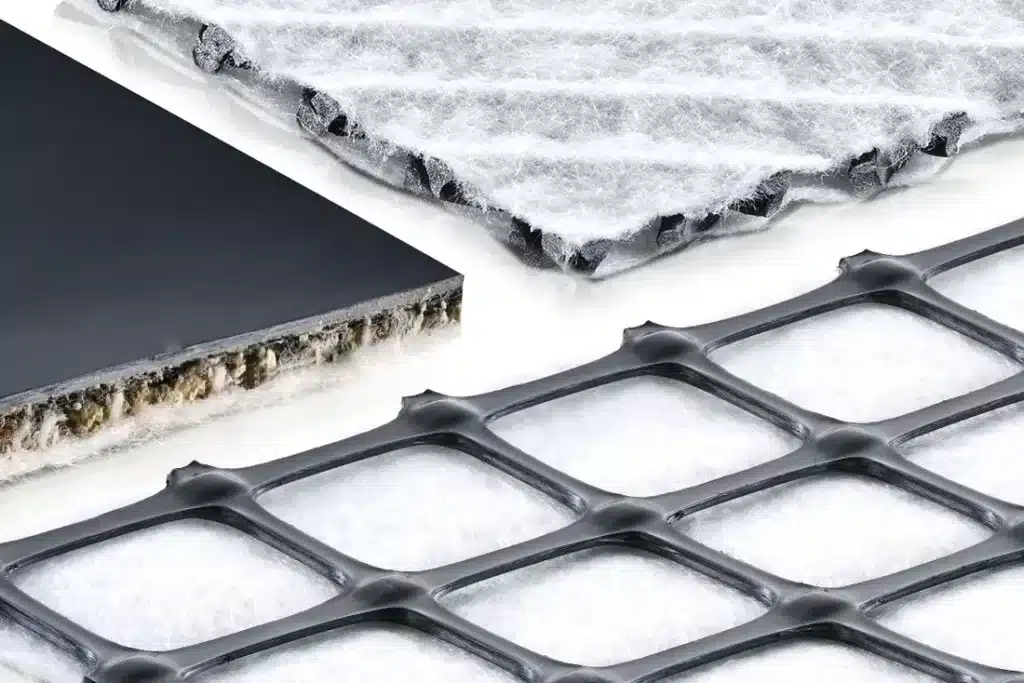
When compared to traditional construction materials, geocomposites offer several benefits, including:
- Cost Savings: Combining multiple functionalities into a single product reduces the need for multiple layers of materials, cutting down on both material costs and labor.
- Environmental Impact: Geocomposites are often more sustainable, as they can help reduce soil erosion and improve water management, contributing to environmental conservation.
Ease of Installation: One of the key advantages of geocomposites is their lightweight nature, which makes them easier to handle and reduces installation time. This improvement in handling efficiency directly enhances the overall productivity of a project. In conclusion, what is geocomposites and why are they so important? Geocomposites are essential components of modern geosynthetics, offering significant benefits in terms of performance, durability, and cost-effectiveness for various civil engineering applications.
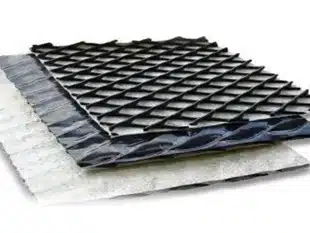
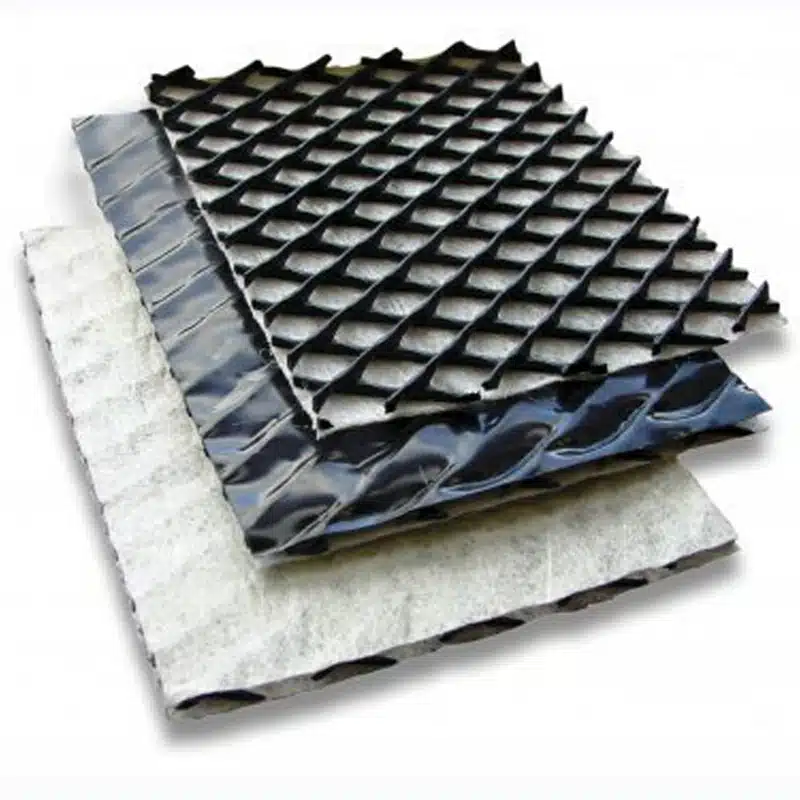
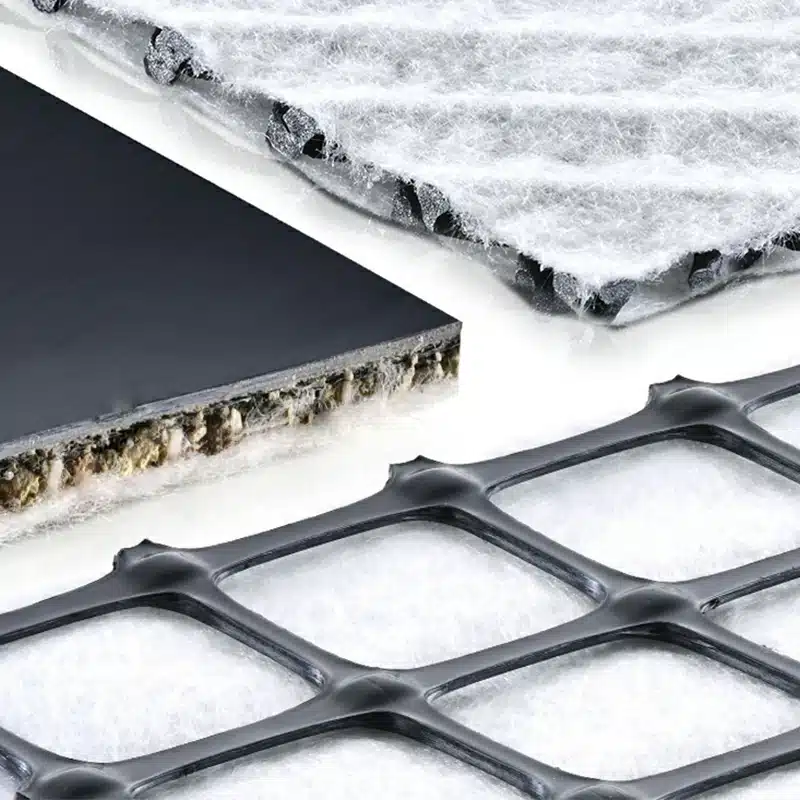
Get Free Sample
We’ll respond as soon as possible(within 12 hours)

